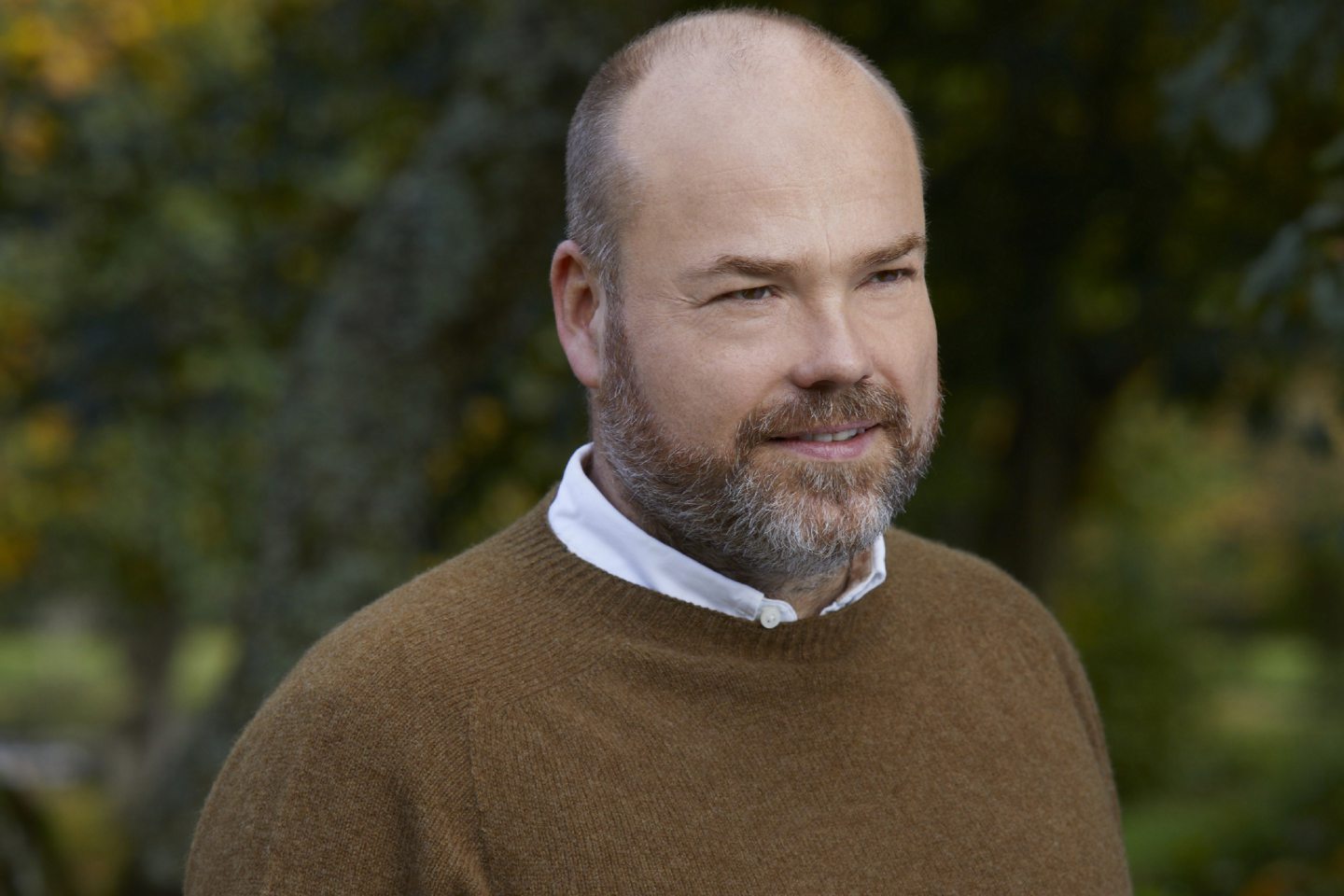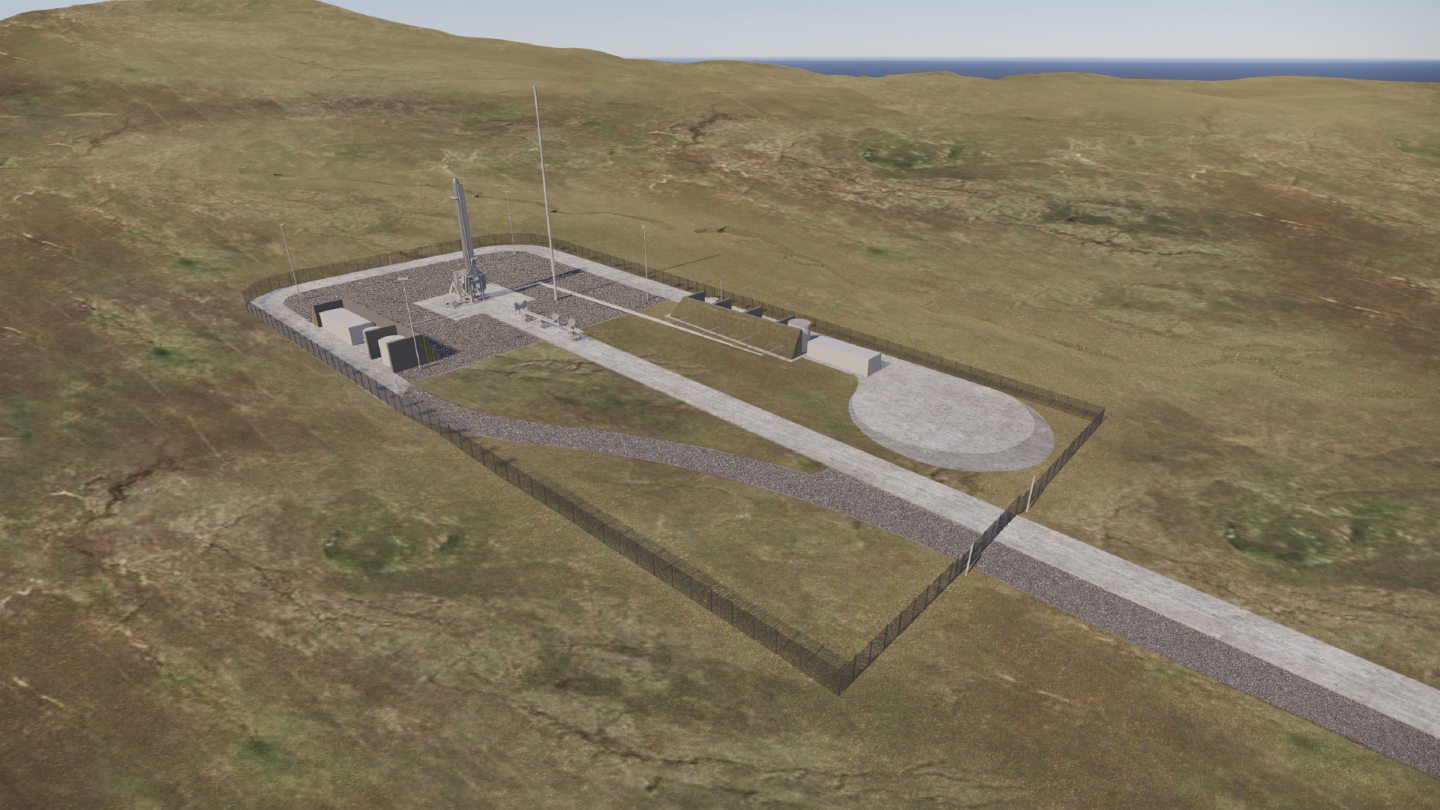Lawyers acting for the Danish billionaire owner of Topshop have asked a senior judge to overturn a local authority’s decision to give the go-ahead for a spaceport in the Highlands.
Advocate Malcolm Thomson QC said documents show that Highland Council didn’t follow correct procedures when giving permission last August to the construction of the Space Hub Sutherland.
The site would be the UK’s first vertical launch facility and supporters say it could boost the local economy.
However, lawyers for Anders Holch Povlsen believe that Highland Council should have rejected the proposed facility. They have gone to the Court of Session in Edinburgh in a bid to stop the construction of the spaceport.
On Tuesday, Mr Thomson, who is acting for the businessman, said documents made available to him and his instructing solicitors show that Highland Council didn’t follow correct procedures.
He told judge Lord Doherty that the council appear not to have properly considered the impact that people visiting the site could have on the local environment.
Mr Thomson said the proposed space site is located close to an “area of environmental protection” but the council hasn’t properly considered how to mitigate the damage that visitors could cause to the area.
‘Difficulties keeping people out of the Launch Exclusion Zone’
Speaking about a document used by the council in their deliberations, Mr Thomson said it had been “heavily redacted”.
He added: “There’s nothing about visitor viewing facilities, car parking, nothing of that nature.
“There are the obvious difficulties about keeping people out of the LEZ (Launch Exclusion Zone)- there’s no physical demarcation of it.
“It’s difficult to understand the confidence that the write of this document had in the ability to stop people entering the site because it has already been recognised elsewhere that there is a right to roam – people are going to be able to walk on the sites and the strategy that we saw depended on the provision of viewing areas, car parking facilities and the ability to link one to another.”
Mr Thomson was speaking on the first day of a judicial review which is expected to last three days at Scotland’s highest civil court.
He is acting for Mr Povlsen’s company Wildland Limited. Highland Council is contesting the action and Highlands and Islands Enterprise and the Scottish Ministers are “interested parties” in the action.
Mr Povlsen is Scotland’s largest private landowner. He owns the clothing empire Bestseller and is believed to have a net worth of more than £6 billion.
Experts say he owns more of the UK than the Queen and the Church of Scotland combined.
Mr Povlsen, 48, is the largest shareholder in online fashion retailer ASOS. In February 2021, the company bought Sir Philip Green’s Arcadia retail empire – which included Topshop, Topman and Miss Selfridge – in a deal thought to be worth £330 million.
Council received 457 objections
His company Wildland Limited lodged a petition for judicial review against Highland Council’s decision to approve the scheme.
The Highlands and Islands Enterprise (HIE) project at A’Mhòine, near Tongue, in Sutherland, is expected to create more than 200 jobs, with satellites being launched from the station.
Highland Council received 457 objections and 118 representations in support of HIE’s planning application.
Wildland’s judicial review petition passed the permission stage earlier this year – this means the court believes the challenge has “a real prospect of success”.
‘First of its kind’ in UK
The company has concerns over the spaceport’s impact on “environmentally vulnerable protected areas”.
On Tuesday, Mr Thomson told judge Lord Doherty that the case was unique as it was the first of its type in the UK.
He added: “In this judicial review the petitioner seeks reduction of the granting of planning petition by the respondent in favour of the interested party in August 2020.
“It was for the construction of a vertical launch space port with launch operations control centre, site integration facility launch pad complex antenna park, access road, and associated infrastructure and land.
“This is an unusual project and I think it maybe the first of its kind in which planning permission has been granted in the UK.
“The petition is concerned with the adequacy of the treatment of the environmental impact of the project by the respondent and hence the grant of the planning permission.”
The hearing, before Lord Doherty, continues.


